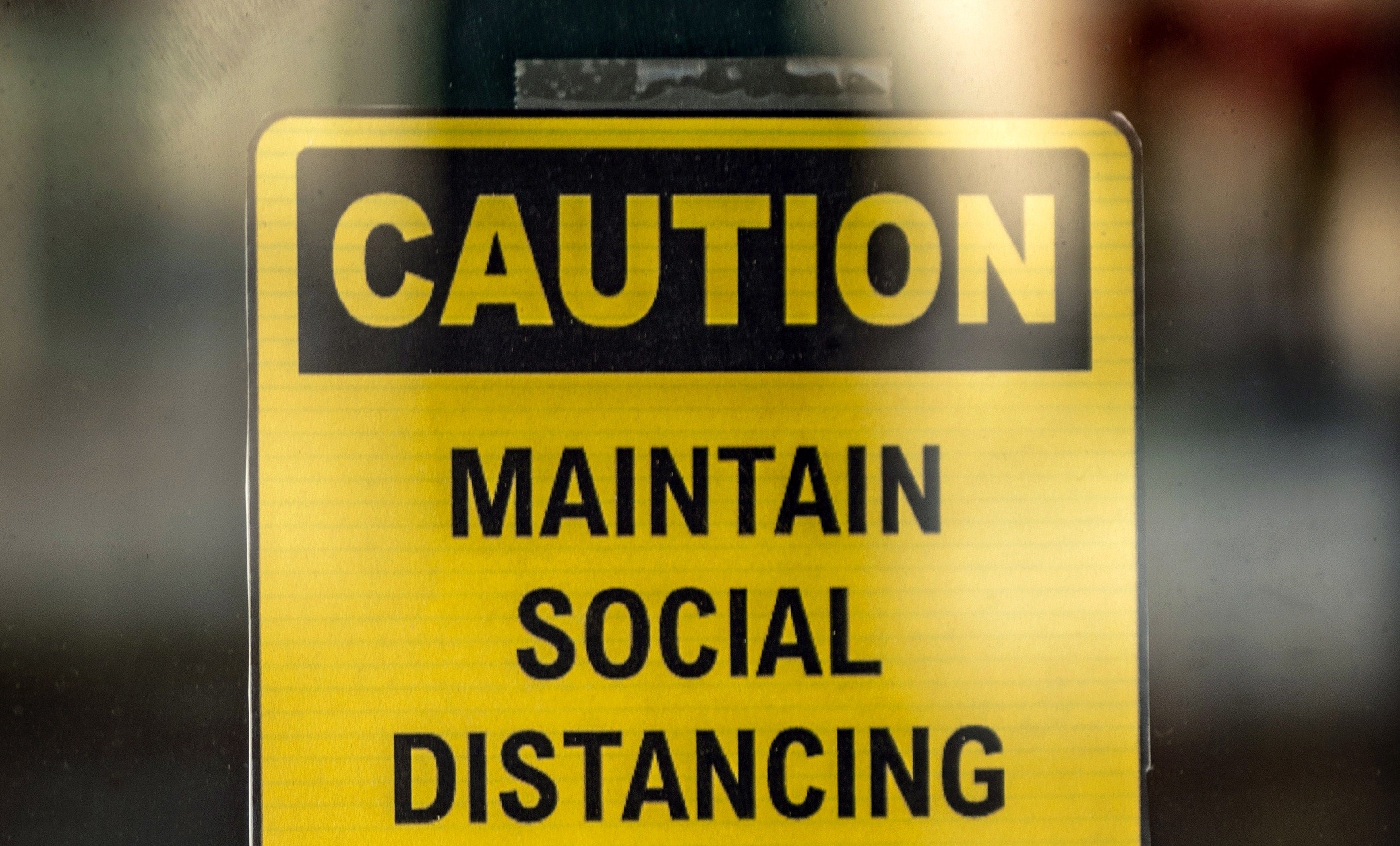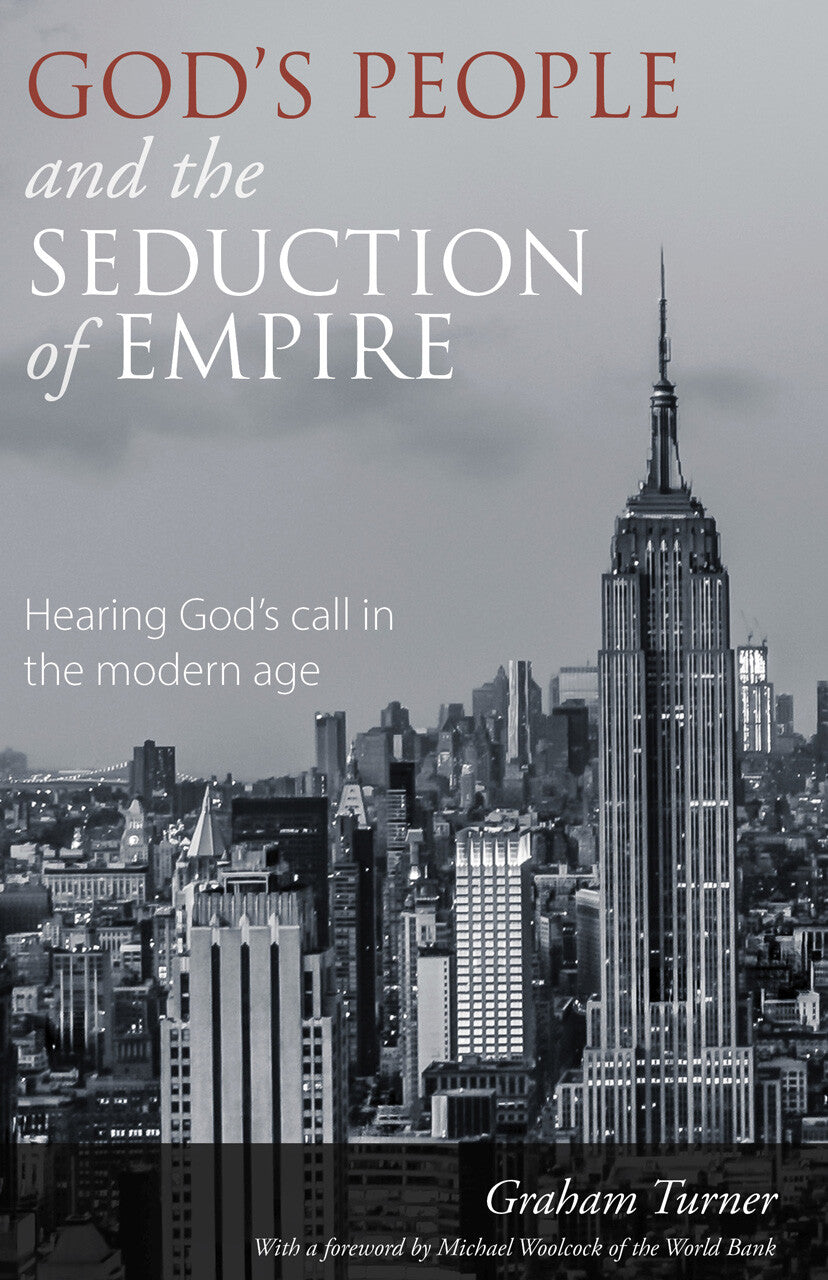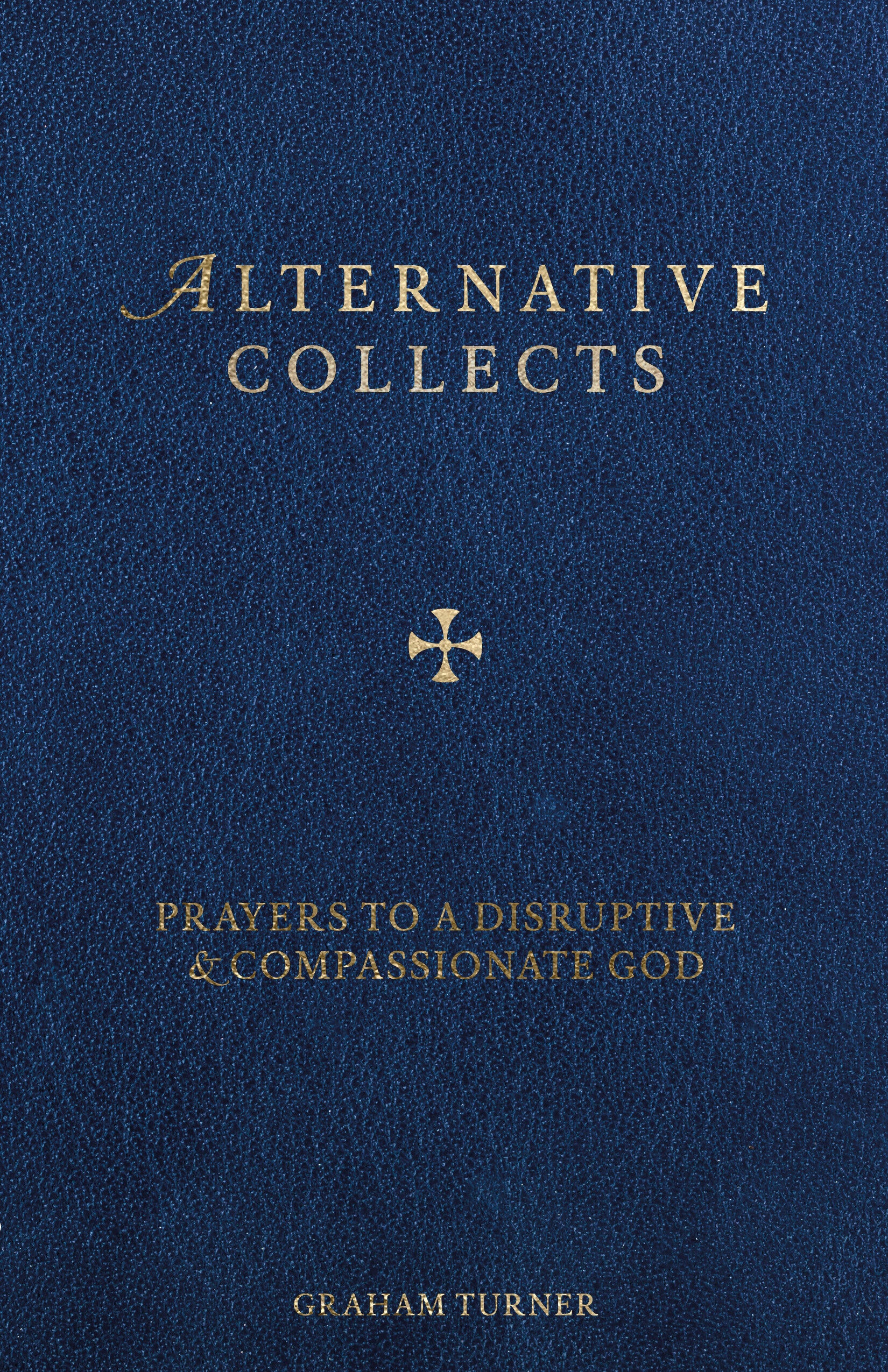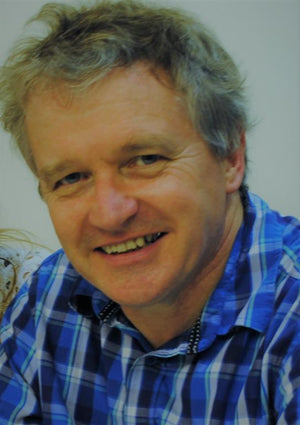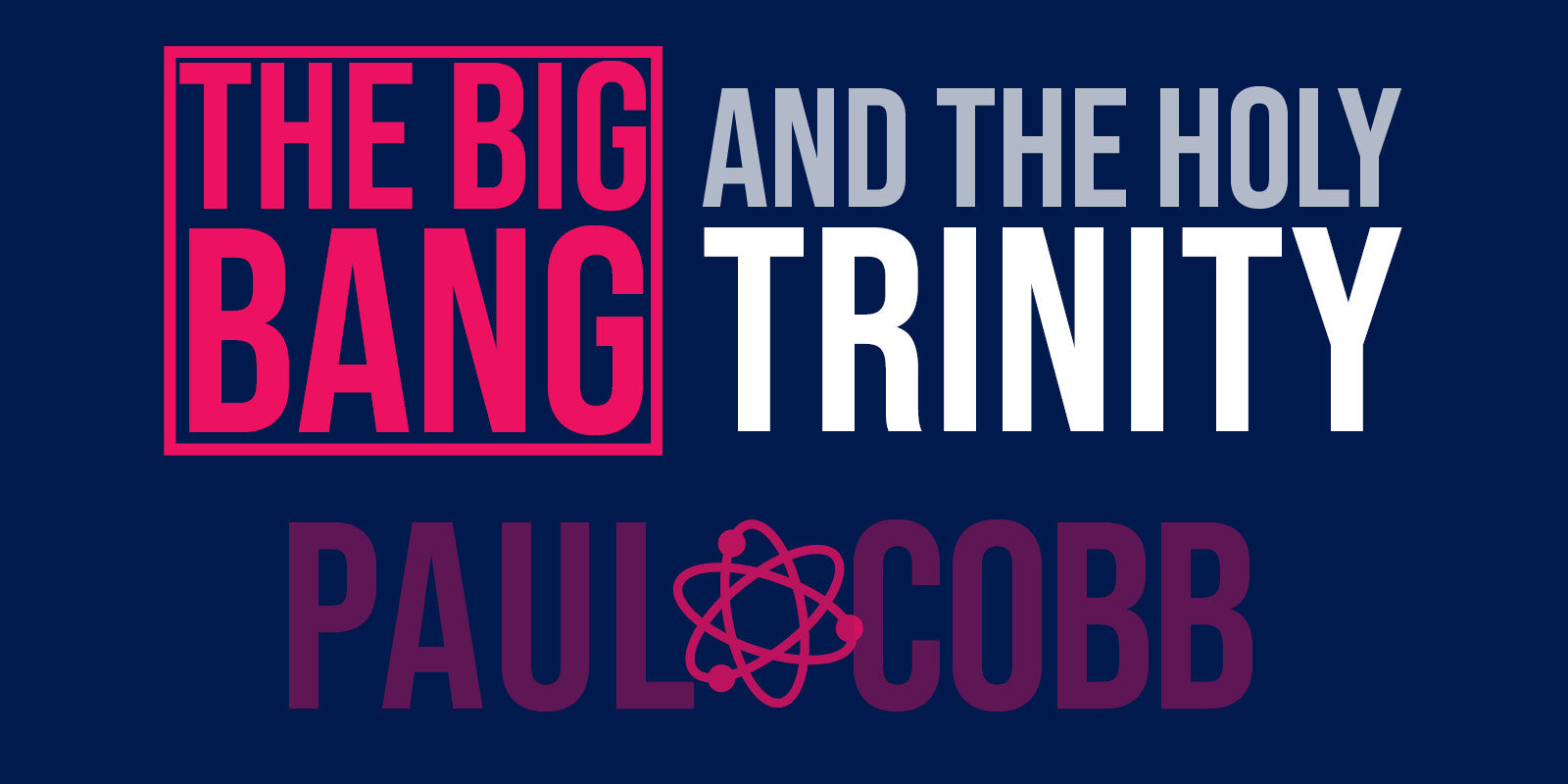GUEST BLOG: Graham Turner, author of God’s People and the Seduction of Empire and Alternative Collects, challenges us to help close the gap between the rich and the poor.
For those of us who live south of the border, the sound of a thick Glaswegian accent is as alien as it is rare. Douglas Stuart’s 2020 Booker Prize Winner Shuggie Bain and Darren McGarvey’s The Social Distance Between Us recently published to great acclaim are two such voices. Stuart’s book, while fiction, comes out of his experience of poverty exacerbated by his mother’s addiction and early death. In turn her addiction was a by-product of her poverty, living on the side of town we professionals euphemistically describe as “exhibiting deprivation”. Poverty, though, is more than being deprived, it is violence against humanity.
addiction and early death. In turn her addiction was a by-product of her poverty, living on the side of town we professionals euphemistically describe as “exhibiting deprivation”. Poverty, though, is more than being deprived, it is violence against humanity.
The title of McGarvey’s non-fiction study picks up on the COVID jargon of social distancing, yet points to a greater evil than the lack of social interaction we suffered for two years. He points to the generations and centuries long gap in society between those who wield power and decide policy and those they rule and determine policy for. Generally speaking, the wealthy shape and form society without knowing the people their decisions deeply affect. We live in a phase of history where the rich have got much richer and more powerful, especially during the epidemic.
These are uncomfortable books for they make us look at what many of us would rather ignore. Those of us who look out from our privilege may experience a deep-seated weariness about these matters, a weariness that is also tainted with a sense of guilt - a sort of survivor’s guilt. I can easily overcome this dis-ease with a sense of smugness that my wife and I brought up our two children for twenty years in one of Birmingham’s poorest neighbourhoods and they survived and thrived without having to resort to illicit substances or criminal activity. But poverty is more complex than we like to think. I cannot hide my children’s advantage of living in a large house with an adequate income while parented by two graduates behind any sort of smugness. We prefer to adopt simplistic solutions to problems that are endemic, structural and sinister. Those of those of us who chose to live in communities of poverty took so much privilege with us. Privilege is not bad in and of itself, but it is does distort the game of life through unfairness.
I wonder if the Old Testament prophet Amos spoke with a regional accent the equivalent to the broad Glaswegian dialect. Like Stuart and McGarvey in their books, Amos spoke with a directness that bordered on rudeness. He didn’t do polite. He wasn’t taken in by spiritual God-talk that rambled piously about holy blessings and worship services. He railed against the injustices he saw in plain sight which the mainstream ignored. Using the sorrowful word “alas”, he spoke out against the super-rich who laid on beds made out of ivory, ate the lambs of the poor, sung banal songs and drank too much alcohol. They had forgotten the anti-empire Jubilee principles of Deuteronomy: the cancelling of debts; the true radical “leveling-up” agenda by the redistribution of wealth and advantage; and the priority of rest for all in the economy.
If we remove our romantic-tinted spectacles, the Jesus of Mark’s gospel becomes as uncomfortable as the ragged-trousered Amos. His recruitment was not to a spiritual other-worldly gospel, but to one that dealt with everyday reality for so many people: outright exploitation and oppression by the rich and religious elite. Binding the “strong man” of the temple with its economic systems and collusion with power was central to his mission. For Jesus, there was no healing if there was no justice, there was no freedom if there was no leveling-up.
Most of us who read blogs such as this are ranked neither among the desperately poor nor the super-rich. But we do enjoy a degree of power that gifts us choices in life. Maybe Stuart, McGarvey, Amos and Jesus are all voices, prophetic voices, for us. Their purpose is not to make us feel bad just for the sake of it, although we may well feel a degree of discomfort; their purpose is to help us make healthy choices, not for our own economic advantage but for the sake of the common good, for the sake of those we are usually socially distanced from.
The issues surrounding poverty are convoluted and often appear unsolvable. I do not think that the prophetic voices of today or yesteryear are asking most of us to master these imponderables, but we are being asked, I am being asked, to reduce the gap (as well as the crap) between those of us who have more and those who have less. This starts with face to face conversations, conversations where we truly listen. Then we may realise that other people are not so different to us and the decisions we make with the degree of power we enjoy will be better informed and hopefully will enable a leveling up that is more than rhetorical hot air.
Graham Turner has served in a variety of parishes, mostly in urban neighbourhoods. Through community enterprises and businesses he has worked tirelessly to help overcome social injustice. You can get your copy of his books here.
